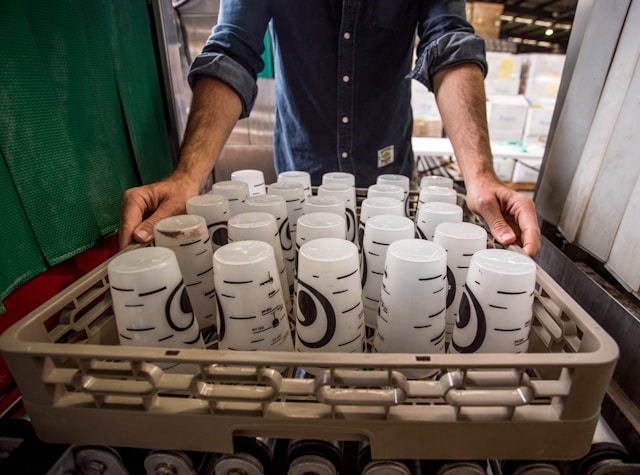QC procedures help prevent defects, reducing costly recalls and rework. They can include tests like tensile testing, hardness testing and flexing. A top fastener supplier understands precision and specifications are critical for equipment and machinery. They are ready to offer advice and direction, from checking torque values after installation to sourcing local vendors for lower shipping costs.
Experience
When working with top fastener distributors, you need to be able to count on them to listen to your needs, recommend a solution, and deliver it exactly when you need it. Look for a distributor with extensive experience in the industry and a wealth of knowledge that can help you address your challenges. The manufacturing capabilities of a supplier say a lot about their ability to produce quality products for the market. Look at how their facility and assets are maintained and learn about their production line to understand their capabilities. Class C has a diverse supply chain that includes importing products from overseas and sourcing from manufacturers in the US. They also offer a comprehensive range of services, including assembly and MRO. They provide point-of-use stocking and VMI programs that save time by ensuring products are stocked at the exact location where they will be used. This is critical during the COVID-19 pandemic as it helps comply with social distancing and contact tracing requirements.
Certifications
Fasteners are subjected to rigorous physical tests like tensile strength and proof load and must meet certain standards for materials, dimensions and tolerances. They are inspected to ensure they can handle a range of temperatures and will not rust or become brittle in extreme conditions. Quality specialists often do in-house testing using various instruments such as microscopes, durometers, hardness testers and more. Depending on the material and application, some fasteners are subjected to additional testing, such as positive material identification (PMI) and metallographic inspections. The PMI process is necessary for the aerospace industry and can be used to spot any unauthorized foreign materials used in manufacturing. Other testing is required by DFARS compliance for defense contractors to help prevent any unnecessary production delays. Whether it is flight hardware, critical GSE or standard fasteners, the best distributors will provide the right certifications and test results for your needs.
Reliability
Reliability and validity are the pillars that uphold research integrity, ensuring the data collected is useful and trustworthy. Reliability is all about ensuring the results would align perfectly if the same experiment were conducted again using the same method. Conversely, validity is about ensuring that the test or survey measures what it purports to measure. Testing equipment can help fastener manufacturers identify inconsistencies within production processes that can be attributed to poor-quality raw materials, substandard plating or heat treatment, incorrect machining, improper handling, etc. These issues can be fixed by applying Root Cause Analysis and other reliability engineering techniques. A supplier’s facility and assets can also reveal much about their manufacturing capabilities. They should have the tools, testing technology and methods to produce high-quality products regularly. This way, they can be trusted to deliver the products that customers need for their operations.
Customer Service
A top-tier fastener supplier should offer exemplary customer service, whether it is through answering customer inquiries promptly and accurately or by providing technical support. Good customer service also helps fastener companies develop a positive reputation that can result in repeat business. A great fastener distributor will also go above and beyond to deliver products on time. For example, when a North American industry leader in railroad signal systems needed a special knurl head bolt made from stainless steel that had been difficult to produce due to a defect on the part created by another supplier, Pearson Fastener worked with their stainless steel supplier to resolve the issue. Creating a successful fastener supply chain requires collaboration among suppliers, manufacturers or buyers and focusing on quality processes, certifications, vendor-managed inventory and other distribution best practices.




